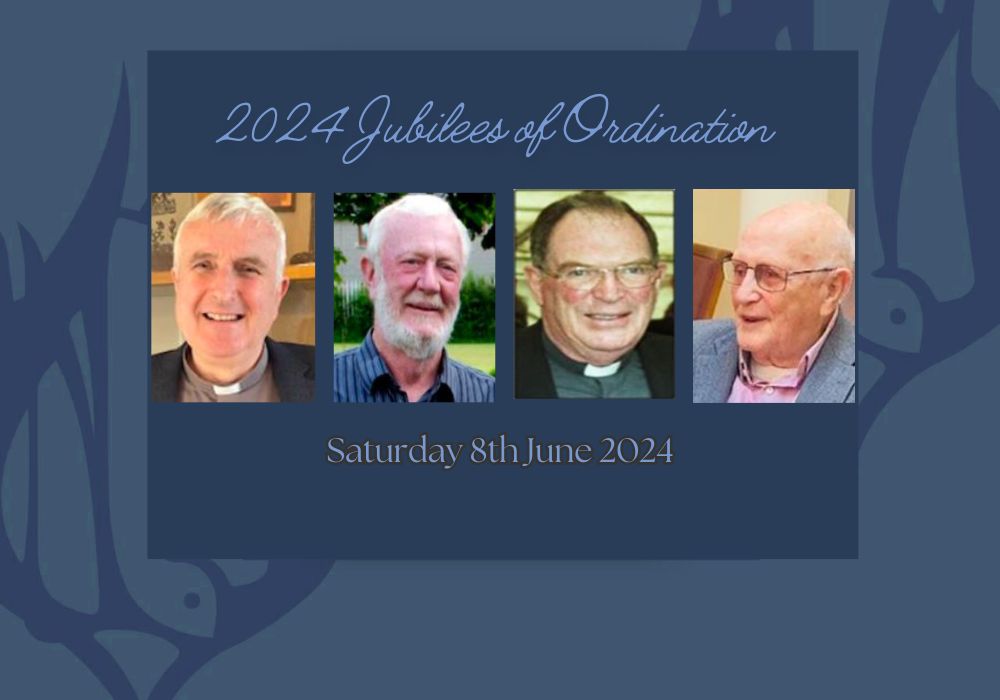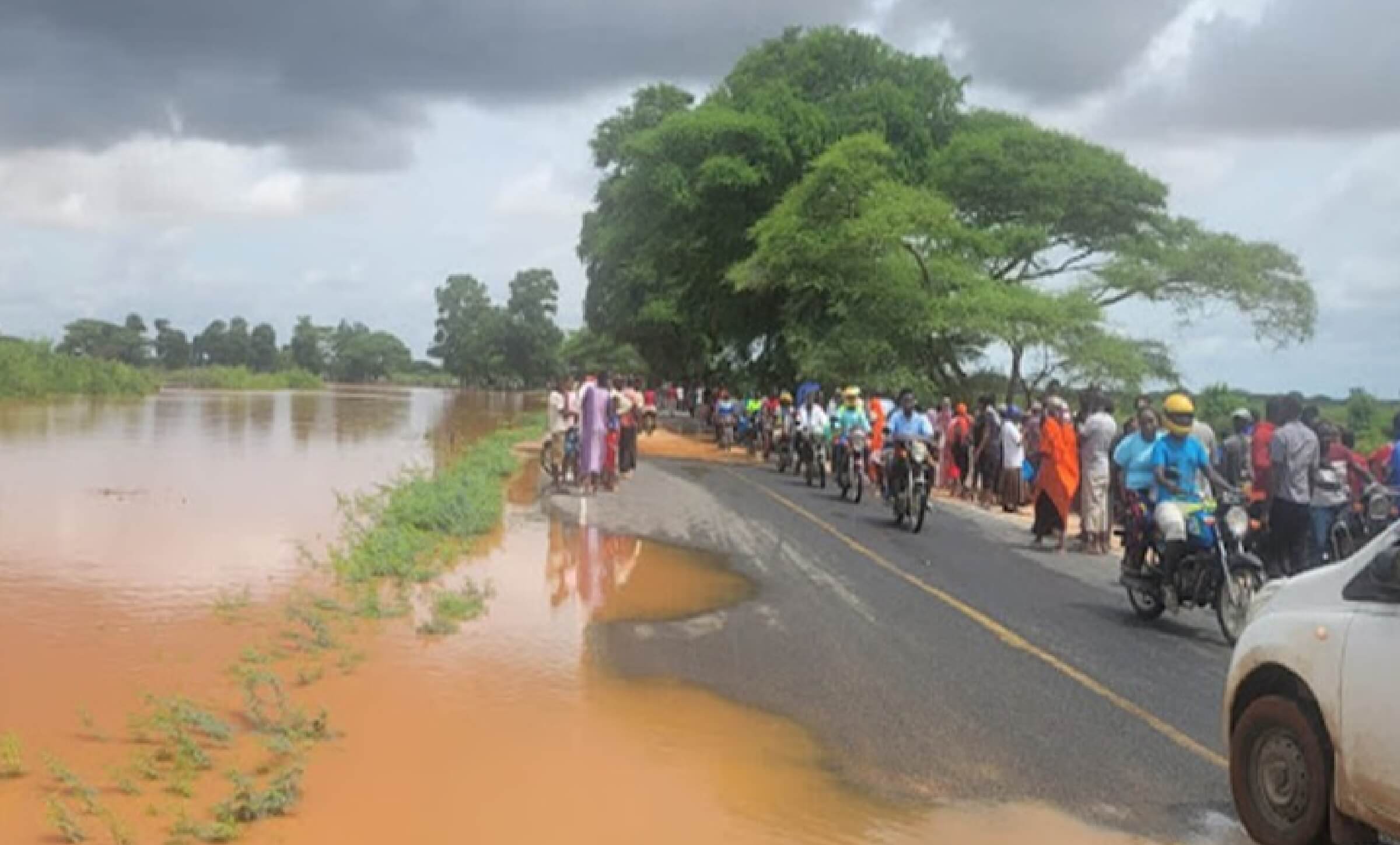Christ did not reproach them for what they had done but showed them his usual kindness.
Pope Francis
And this revives them, fills their hearts with the peace they had lost, and makes them new persons, purified by a forgiveness that is utterly unmerited.
Divine Mercy Sunday is affiliated with the devotion to St Faustina. However, as we know, the message of God’s mercy is universal. I believe it was Alexander Pope who said to err is human, to forgive divine. As we know, many in our world today do not experience mercy or forgiveness. The experience for many vulnerable people is isolation, polarisation and rejection. All these experiences are the opposite of forgiveness and reconciliation.
Migration, a constant theme throughout Pope Francis’ papacy, is a real manifestation of this polarisation in our global community. Tragically, the recent deaths by drowning of 35 people in the Mediterranean who were fleeing from hunger and strife is a tragic reminder of the hopelessness that people experience today. For the Pope, “this tragedy is a sign of the culture of indifference.” And it is also a problem of categorisation”: wars and strife, in first place; people, in second place. In these words, Pope Francis observes and states that world is carrying on every day and ignoring what is important.
Through our Gospel understanding of forgiveness, we are transformed for mission. Pope Francis reminds us that forgiveness and mercy liberate people and fill people’s hearts. This freedom is an experience of reconciliation that liberates everyone to live our life fully.
- Where in our own life, do we need to experience forgiveness so that we can be transformed for mission?
- Where in our life can we bring forgiveness and reconciliation to others?
Matthew 25 – Reflection. (Extract from Liturgies with young people. Edited by Donal Neary SJ)
When I was hungry you gave me food
and when I was thirsty you refreshed me:
I was lonely and you gave me your time,
homeless and you try to put a roof over my head:
I was the victim of violence and greed and you fought for my rights,
I was a refugee and you took me in.
‘When Lord? When?’ we will say,
because you never see you, nor do we know what you suffer still.
We wonder at so much inequality in the world
and it makes us angry, frustrated, helpless.
Sometimes you don’t seem to be of much help,
remote, outside it all, and say,
‘Why didn’t you make it all different?’
‘When Lord, when?’ we will say and you will say,
with a tear in your voice and hope in your heart
‘what you did for them you did it for me’.
Photo by Julie Ricard on Unsplash








